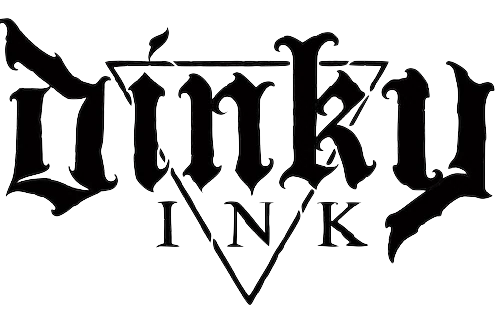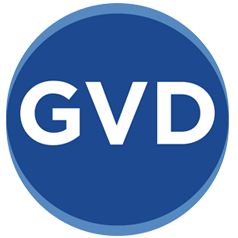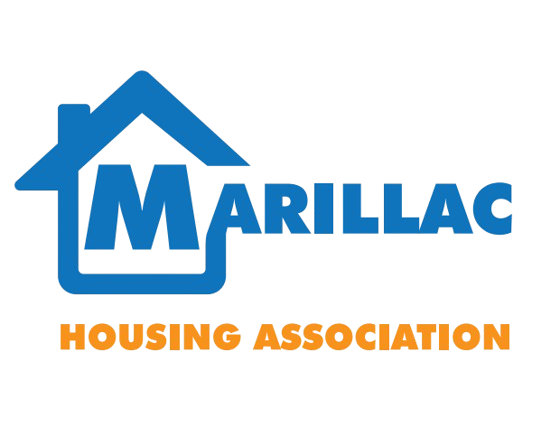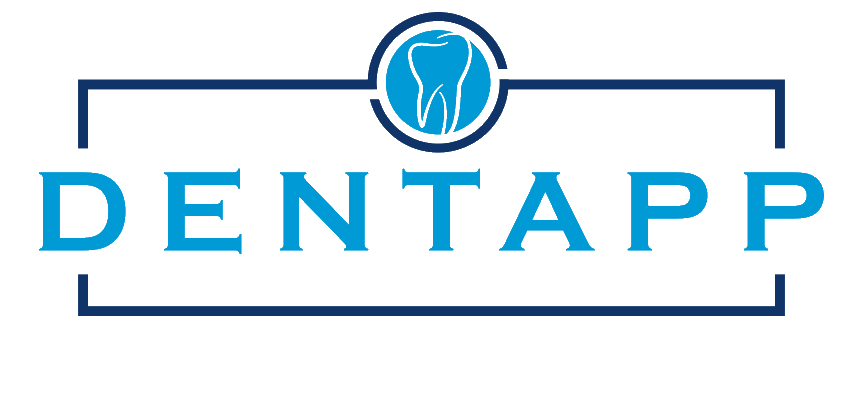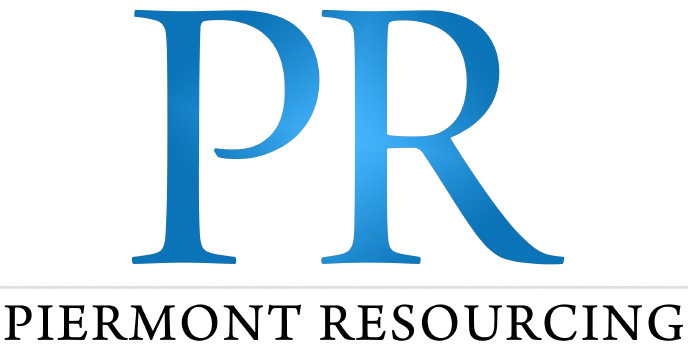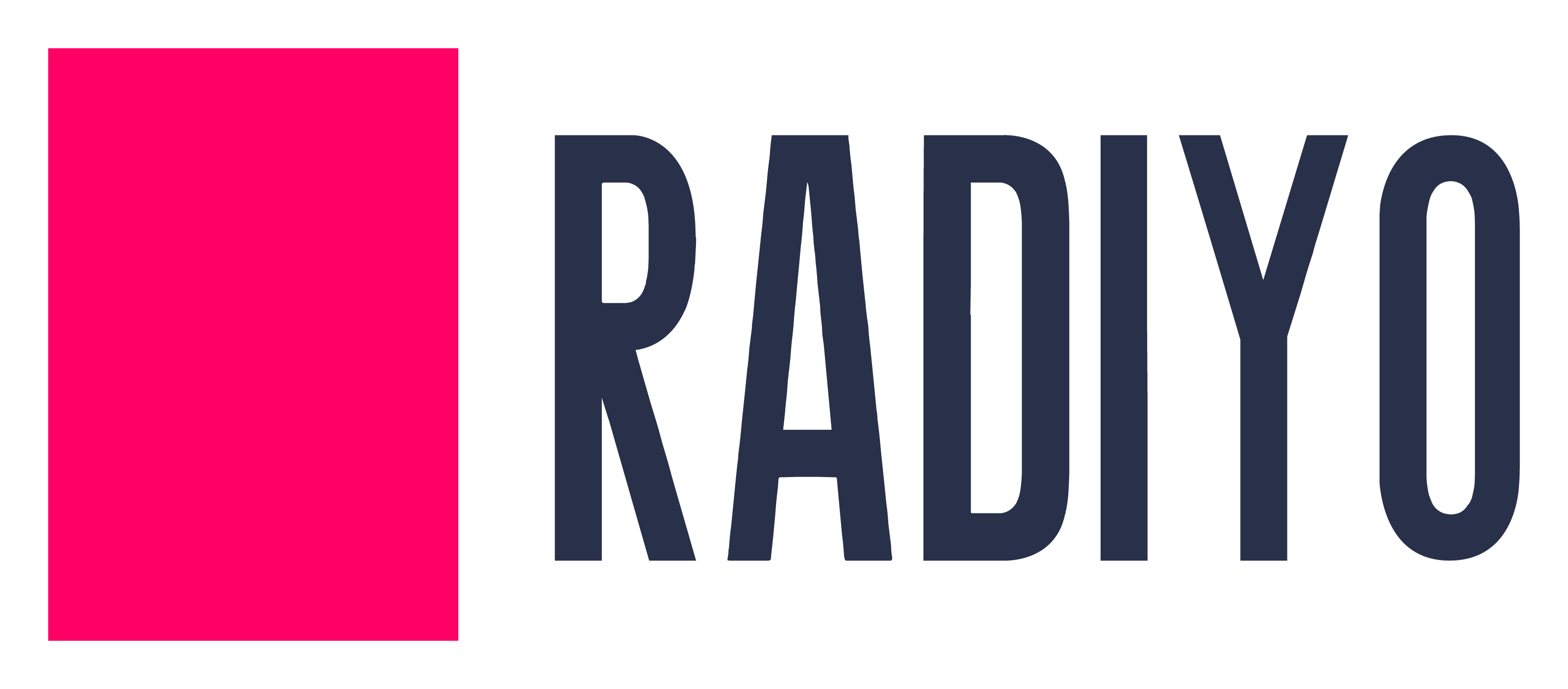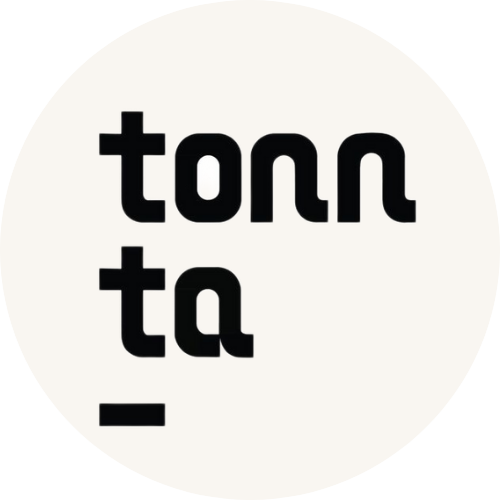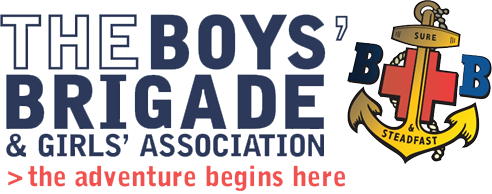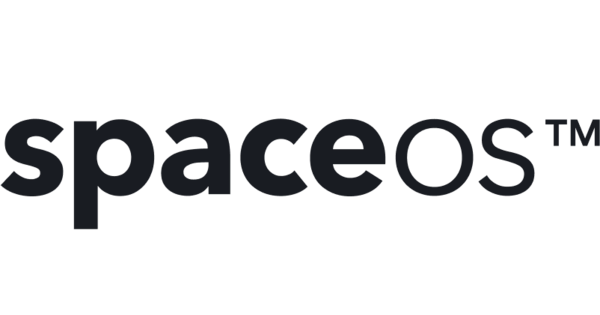
One of the questions that new start-ups have is about the type of system to manage their finances. This should cover both the manual process of retaining documents and the recording of transactions on a manual or computerised accounting system. It should also include a method of controlling your finances. We have selected 5 factors here for consideration.
Type and Scale of Organisation
Firstly you need to consider the type and scale of your organisation. For instance a simple Income and Expenditure account is acceptable for a small self-employment but a full set of accounts is required for a company. Not for Profits require a very transparent system of controls and segregation of duties which wouldn’t be required in a small private business. Retail and Hospitality businesses have to manage cash transactions and generally produce a lot more paperwork than say a similar sized consultancy business. Volume of transactions will be one of the most important considerations
Legal and Statutory Requirements
Companies are required by law to maintain proper books and records although all entities should do. All organisations are required to hold on to relevant documents for 6 years. Solicitors or any business holding client monies have stringent accounting rules to follow. Financial services and auctioneers are also regulated by statute. Revenue has their own rules for anyone registered for VAT or as an employer. Construction businesses must comply with RCT rules.
Specific Requirements
A payroll package is generally required if you have employees. A proper accounting system is useful if you need regular management accounts against a budget or if you have a board to report to. Retail and wholesale businesses that purchase goods for resale often need a system of stock control. If you have credit sales you will need a method of billing and sending statements to customers.
Skills Available
Do you (or someone in the organisation) have a head for figures and the attention to detail to manage this yourself? If not you may look at taking on an administrator that can do other things for you also or outsource the job to an external bookkeeper. Alternatively you could outsource some or all of the activities to an accounting firm to provide a professional overview to your finance function.
Simple Steps to Best Practice
- Prepare a budget or simple cashflow forecast for your business, this gives you a plan and a good indication of the following requirements
- Select an appropriate system of recording transactions, this may range from simple spreadsheets to say, a cloud based accounting system
- Document as simple a process as possible of filing paper documents (e.g. invoices) in folders and referencing them to the accounting system
- Document simple procedures to capture what tasks have to be completed, by whom and by what date
- Implement and monitor actual results against your budget
In summary
Like most things it comes down to your specific requirements and what works best for your circumstances. Most people can manage simple spreadsheets now and in many cases that may be sufficient. A simple method of retaining and filing documents is crucial to a working process. The much maligned ‘shoebox of receipts’ is much preferable to no system at all. You should seek counsel from people you trust and get professional advice. Finally you won’t go far wrong by following the simple steps above.





















